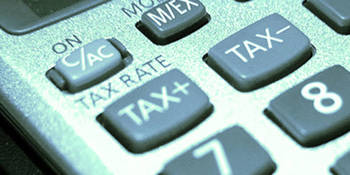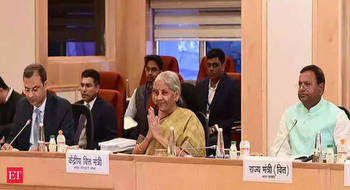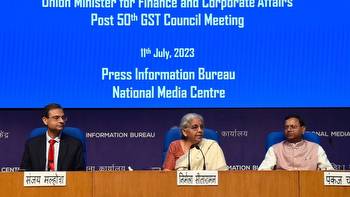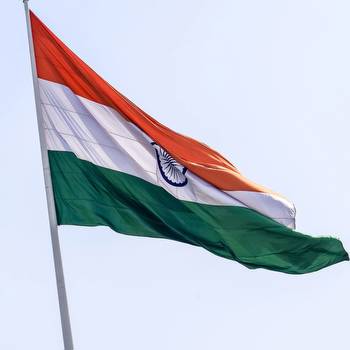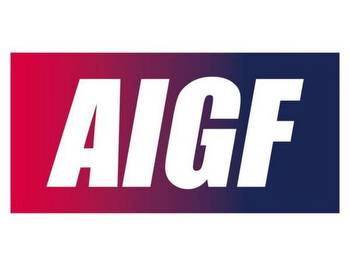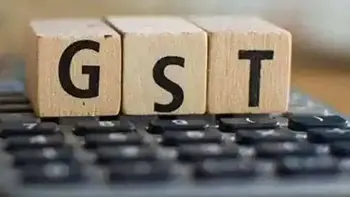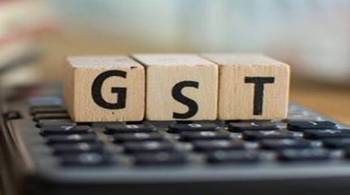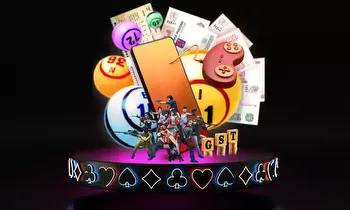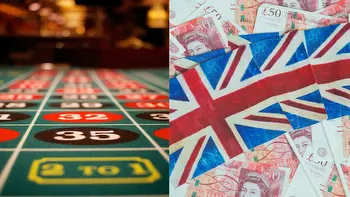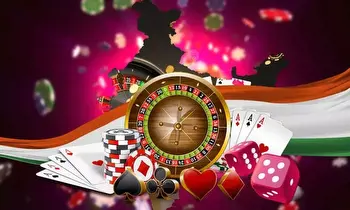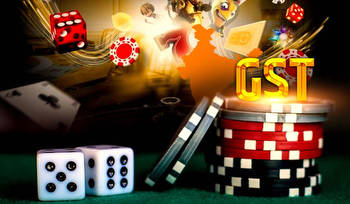India sets online gambling tax rate at 28%
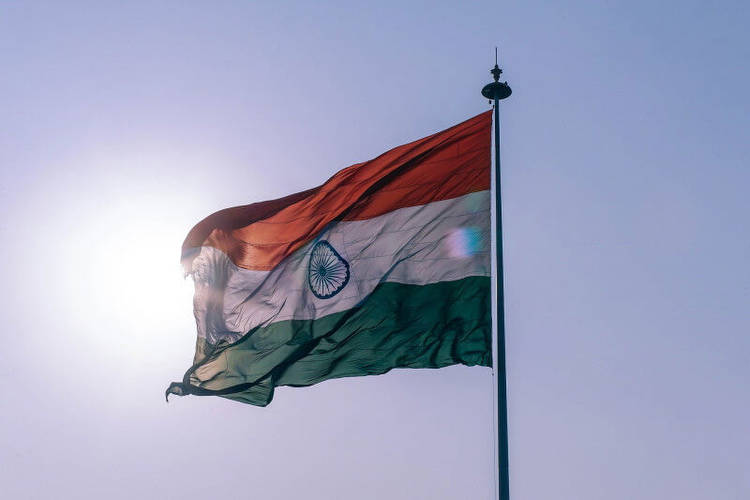
The GST Council declared the decision during its 50th GST Council meeting.
The GST has not confirmed when the rate will be begin, although amendments to existing legislation will be necessary to facilitate the tax.
The new tax will be applied to the full-face value of a bet, rather than gross gaming revenue (GGR), making it a turnover-based tax.
In essence, for every Rs100 (£0.93/€1.08/$1.22) spent by a consumer, the operator will pay Rs28 in tax.
In the case of online gambling, tax will be applied to the full value of all bets placed with operators.
For land-based casinos, the tax will be applicable on the face value of the chips purchased at each venue. With horse racing, tax will be applied on the full value of the bets placed with bookmakers and totalisators.
Debate over turnover or GGR tax
The alternation in tax rates comes in response to a second report from a group of ministers (GOM). This was filed ahead of last week’s 50th GST Council and covered issues related to taxation on gambling.
This followed an earlier study shared with the GST in June 2022, which prompted the GST to request a further study.
In its latest report, the GOM concluded it was down to the GST council to decide whether the 28% tax should be levied on turnover or GGR.
Ultimately, the GST opted for full-face value over GGR.
Consisting of the Union Finance minister and representatives from all states and union territories across India, the GST council has the power to decide on tax rates, exemptions and administrative procedures.
AIGF blasts “extremely detrimental” tax rate
The news led to a negative reaction from the All India Gaming Federation (AIGF), the apex industry body for online gambling in India.
In a statement issued to iGB, the AIGF said the rate will make it harder for businesses to survive. It added that this could lead to more players turning to unlicensed operators.
“This decision will be extremely detrimental to the entire Indian gaming industry, with the GST on deposit increasing liability upto 400-500%, and will lead to lakhs of job losses,” the AIGF said.
“At this valuation of taxation, companies will be paying more in taxes than they will be generating in revenue. Gamers will inadvertently, veer towards gray market operators that have been providing services illegally in India. This will stifle competition, hinder innovation, and impede the growth potential of the industry.
“The implementation of the Council recommendation will disproportionately impact the large number of MSMEs and startups. It will make it challenging for them to survive.”
India’s gambling regulations
The new tax rate marks the second major changes to India’s online gambling market this year.
In January, the Indian government published a new set of rules to regulate online gambling.
The amendments note that any online game offered must not be in violation of any existing laws. These include state-wide gambling bans.
Self-regulatory bodies
Rather than establish a government regulator, the amendments set out proposals for self-regulatory bodies. These would comprise online gaming businesses and be responsible for creating rules for the industry.
Core focus areas for these bodies include safeguarding players against harm, addressing addiction, preventing financial crime and protecting children.
All bodies should include a representative from the industry, sports or entertainment, a representative for players, a psychology or consumer education expert and a public policy expert nominated by the government.
Should the body not create sufficient standards, the government could take measures to rectify non-compliance. If necessary, it could then suspend the registration of such a body.








